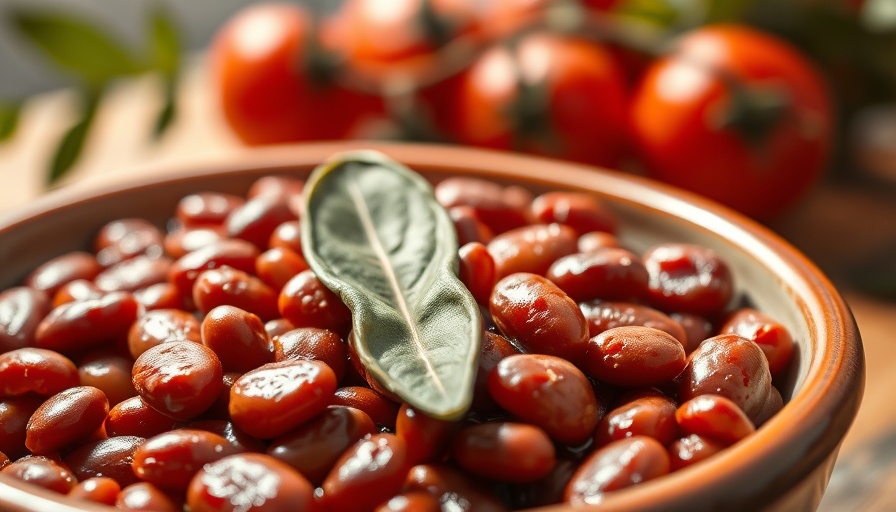
From Meat Culture to Veganism: An Evolution
Latin America has had a profound connection to meat, deeply woven into its cultural fabric. Traditional dishes like Argentina’s asado and Colombia's bandeja paisa symbolize more than just meals; they represent familial gatherings and social identity. Yet, an intriguing turnaround is taking place across the region. As the awareness of the detrimental effects of animal agriculture on our planet rises, so does the interest in plant-based diets, reshaping culinary traditions.
Exploring the Shift: Veganism's Growing Footprint
Amidst this culinary metamorphosis, voices like Mauricio Serrano Palma, director of Veganuary Latin America, underscore the significance of changing perceptions. "Veganism in Latin America is expanding and solidifying as a long-term movement,” he remarks, attributing this shift to enhanced social consciousness and greater access to vegan options in grocery stores and eateries. This not only reflects a dietary change but a burgeoning movement towards sustainability.
Plant-Based Innovations Lighting the Path
Countries like Chile and Brazil are leading the charge in the plant-based revolution. In Chile, a 2021 study found that 12% of the food market consisted of plant-based products. Brands like Quelp and NotCo are innovating in this space, turning traditional perceptions on their head by creating alternatives that appeal even to a meat-centric palate. Such innovations highlight the versatility and acceptance of plant-based choices within a traditional cuisine context.
Conscious Choices: The Health Perspective
A recent survey from the Brazilian Vegetarian Society reveals that 74% of Brazilians are contemplating reducing or eliminating meat consumption for health reasons. This sentiment resonates strongly with the millennial and Generation Z demographics, who are increasingly driven by the idea that their food choices can significantly impact their health and the environment. Adopting a vegan lifestyle can not only lead to better health outcomes but also contribute to more sustainable practices that benefit the planet.
Cultural Relevance: Balancing Tradition and Change
While the movement towards veganism grows, there’s a delicate balance between preserving culinary traditions and embracing new dietary habits. The stories shared around Argentine asados or Venezuelan pabellón criollo are steeped in nostalgia. Yet, many families are discovering that vegan adaptations of these beloved dishes allow them to maintain tradition while remaining environmentally conscious. This cultural integration ensures that transitioning to a plant-based diet doesn't mean losing one’s identity but rather evolving it.
Future Trends: The Plant-Based Market on the Rise
The future of plant-based eating in Latin America looks promising. Local initiatives and food technology advancements indicate that as more options become available, acceptance will increase. R&D in alternative proteins will continue to enhance the quality and proliferation of meat substitutes, capturing the hearts (and stomachs) of traditional meat-eaters. This shift not only reflects changing dietary preferences but also heralds a broader movement towards a sustainable, health-conscious society.
Take Action: Embrace the Change
With so much information available about the benefits of a plant-based lifestyle, it is the perfect time for individuals to explore plant-based options in their diets. Whether it’s replacing a few meals a week with vegan alternatives or seeking out local vegan offerings, every step can contribute to a larger movement toward environmental sustainability and personal health. Embracing change can lead to delicious new culinary adventures while playing a crucial role in preserving the planet for future generations.
 Add Row
Add Row  Add
Add 




 Add Row
Add Row  Add
Add 

Write A Comment